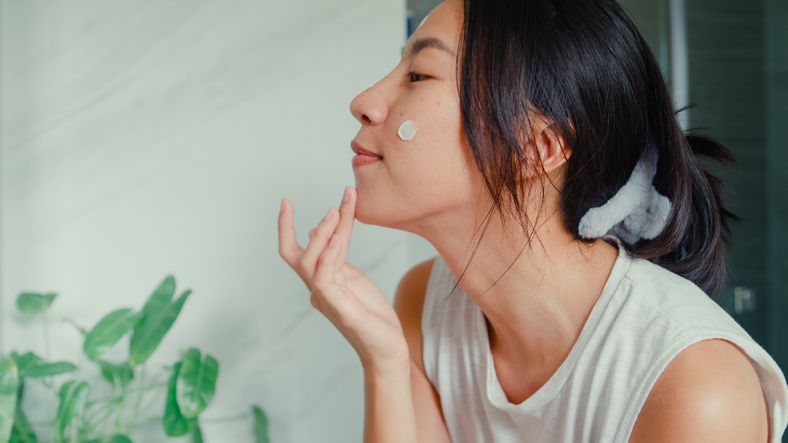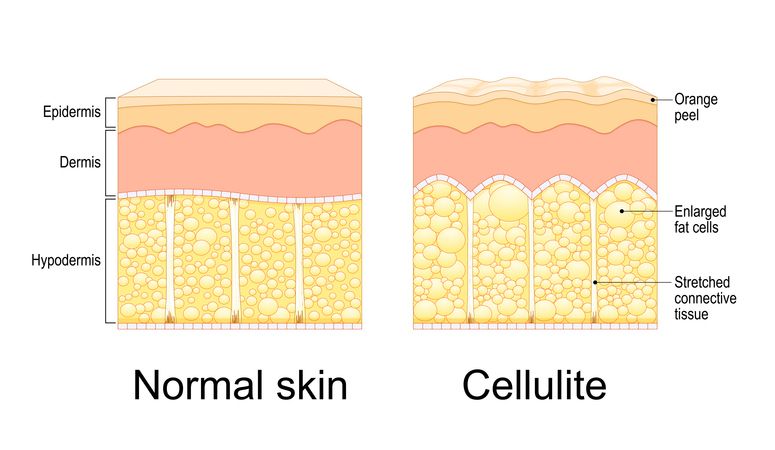
Book Now to Experience
Acne Treatment
1 Minute Self-Registration
Date should not be before minimal date
Author: Natalie Ng|23 April 2025
If your skin feels dry, tight, but still breaks out—you're probably dealing with dehydrated acne-prone skin. Unlike dry skin, which lacks oil, dehydrated skin lacks water. You can have oily skin, combination skin, or acne prone skin and still be dehydrated. This mix can throw off your skin barrier, increase excess oil, clog pores, and lead to more breakouts. Using harsh cleansers, skipping moisturizer, or overdoing it with actives can make things worse. The fix? Focus on skin hydration with gentle, non-stripping skincare products, lightweight hydrating moisturizers, and barrier-friendly ingredients like hyaluronic acid and niacinamide. In the following, we’ll break down the top do’s and don’ts to help you care for dehydrated acne prone skin—so you can support your skin’s health and avoid making your acne worse.

1
Skincare Do’s and Don’ts for Dehydrated Acne-Prone Skin

Skincare Do’s 1: Understand the Difference Between Dry and Dehydrated Skin
Skincare Don'ts 1: Confuse Dry Skin with Dehydrated Skin
Skincare Do’s 2: Focus on Hydration, Not Hormones
Skincare Don'ts 2: Blame Hormonal Imbalance on Dehydration
Skincare Do’s 3: Treat Dehydration and Oiliness Separately
Skincare Don'ts 3: Use Harsh Products to Fight Oil
Skincare Do’s 4: Repair Your Skin Barrier
Skincare Don'ts 4: Ignore Barrier Damage
Skincare Do’s 5: Choose Hydrating, Non-Comedogenic Ingredients
Skincare Don'ts 5: Use Heavy or Pore-Clogging Formulas
Skincare Do’s 6: Cleanse Gently and Wisely
Skincare Don'ts 6: Over-Cleanse or Use Harsh Cleansers
Skincare Do’s 7: Time Your Cleansing Right
Skincare Don'ts 7: Cleanse at Random or Too Often
Skincare Do’s 8: Pick the Right Moisturizer
Skincare Don'ts 8: Skip Moisturizer or Use the Wrong One
Skincare Do’s 9: Adjust Lifestyle to Support Skin Hydration
Skincare Don'ts 9: Rely Only on Products to Fix Dehydration
Skincare Do’s 10: Build a Hydrating Night Routine
Skincare Don'ts 10: Overdo Actives or Skip Protection
Skincare Do’s 11: Seek Help When Needed
Skincare Don'ts 11: Ignore Ongoing Issues

2
A Professional Solution for Dehydrated Acne Prone Skin: Introducing Acne Treatment

FAQ
Can Dehydrated Acne-Prone Skin Heal Completely While Using Acne Medications?
Yes, you can heal dehydrated acne-prone skin while using acne medications, but you'll need to balance treatment with proper hydration. Use gentle, non-comedogenic moisturizers alongside your acne medications, and consider products with hyaluronic acid or ceramides. You might need to adjust your medication's frequency or strength while your skin barrier repairs itself. Working with a dermatologist can help you create an effective treatment plan that addresses both concerns simultaneously.
How Long Does It Take to Repair Dehydrated Skin Barrier?
Repairing your dehydrated skin barrier typically takes 2-4 weeks with consistent care, though this timeline can vary based on severity and your approach. You'll need to follow a gentle skincare routine, avoid harsh products, and focus on barrier-supporting ingredients like ceramides and hyaluronic acid. If you're using acne medications, the healing process might take longer, requiring 4-8 weeks for full restoration.
Should I Apply Moisturizer When My Skin Feels Oily and Dehydrated?
Yes, you should apply moisturizer even when your skin feels oily and dehydrated. Your skin's oiliness might actually be a response to dehydration, as it produces excess sebum to compensate for the lack of moisture. Choose a lightweight, non-comedogenic moisturizer that contains humectants like hyaluronic acid or glycerin. Apply it to damp skin to lock in hydration while avoiding heavy, pore-clogging ingredients that could worsen oiliness.
Can Facial Oils Make Dehydrated Acne-Prone Skin Worse?
Facial oils can worsen dehydrated, acne-prone skin if you're not using the right type or applying them incorrectly. While some oils like jojoba, rosehip, and squalane can help balance your skin's moisture barrier, others may clog pores and trap bacteria. You'll want to choose non-comedogenic oils and apply them as the last step of your routine to seal in hydrating ingredients and prevent transepidermal water loss.
Is It Safe to Use Chemical Exfoliants on Dehydrated Acne-Prone Skin?
Chemical exfoliants need extra caution when you're dealing with dehydrated, acne-prone skin. While they can help with acne, you shouldn't use them more than once or twice a week until your skin's moisture barrier heals. Start with gentle options like lactic acid or PHAs rather than stronger AHAs or BHAs. If you notice increased dryness, redness, or irritation, stop using them and focus on hydration first.

Book Now to Experience
Acne Treatment
1 Minute Self-Registration
Date should not be before minimal date
Recommended Articles
COPYRIGHT© NEW BEAUTY MANAGEMENT LIMITED 2026. ALL RIGHT RESERVED.




